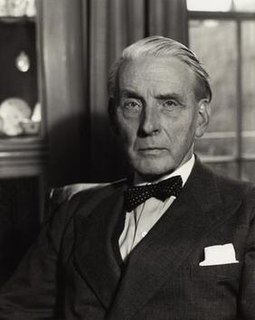A Quote by Aristotle
Happiness does not consist in pastimes and amusements but in virtuous activities.
Quote Topics
Related Quotes
In what do the activities of the Communist Parties consist? In what ways can they manifest themselves? These activities usually consist in the organization of working masses, in organizing meetings, demonstrations, strikes, etc. It is absolutely clear that American Communists cannot perform this in Soviet territory. The American workers are not in the U.S.S.R.
When I look at what the world does and where people nowadays believe they can find happiness, I am not sure that that is true happiness. The happiness of these ordinary people seems to consist in slavishly imitating the majority, as if this were their only choice. And yet they all believe they are happy. I cannot decide whether that is happiness or not. Is there such a thing as happiness?
It must not be supposed that happiness will demand many or great possessions; for self-sufficiency does not depend on excessive abundance, nor does moral conduct, and it is possible to perform noble deeds even without being ruler of land and sea: one can do virtuous acts with quite moderate resources. This may be clearly observed in experience: private citizens do not seem to be less but more given to doing virtuous actions than princes and potentates. It is sufficient then if moderate resources are forthcoming; for a life of virtuous activity will be essentially a happy life.
Bohr’s standpoint, that a space-time description is impossible, I reject a limine. Physics does not consist only of atomic research, science does not consist only of physics, and life does not consist only of science. The aim of atomic research is to fit our empirical knowledge concerning it into our other thinking. All of this other thinking, so far as it concerns the outer world, is active in space and time. If it cannot be fitted into space and time, then it fails in its whole aim and one does not know what purpose it really serves.






































